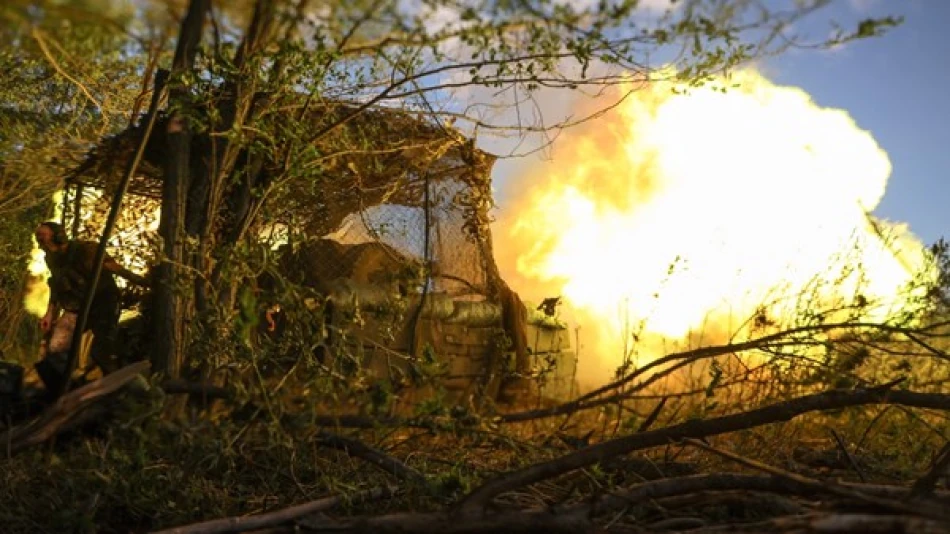
Macron Weighs In on Potential Ukraine Crisis Resolution Pact
Macron Challenges Trump-Putin Summit as Ukraine Rejects Territorial Concessions
French President Emmanuel Macron has directly challenged plans for a US-Russia summit on Ukraine, insisting that no decisions about the country's future can be made without Ukrainian participation. The pushback comes as President Donald Trump announced a scheduled meeting with Vladimir Putin in Alaska to negotiate an end to the Ukraine conflict—a deal that reportedly includes territorial concessions Ukraine has already rejected.
The Alaska Summit: Bypassing Kyiv's Voice
Trump's announcement of an August 15 meeting with Putin in Alaska represents a significant shift in diplomatic approach, moving away from multilateral frameworks that have characterized Western support for Ukraine. The proposed bilateral format echoes historical precedents where major powers have negotiated over smaller nations' territories without their direct involvement—a practice that has rarely produced lasting peace.
The choice of Alaska as a venue carries symbolic weight, representing neutral ground between the superpowers while geographically distancing the talks from European allies who have been Ukraine's strongest backers.
Territorial Concessions: The Unacceptable Option
Ukrainian President Volodymyr Zelensky's immediate rejection of any territorial concessions reflects a fundamental misalignment between Trump's apparent negotiating strategy and Ukraine's red lines. Zelensky warned that "any decision without Ukraine will achieve nothing," emphasizing that the crisis "cannot be ended without us, without Ukraine."
This stance has deep historical roots. Ukraine's experience with territorial compromises—from the 2014 annexation of Crimea to the Minsk agreements—has demonstrated that concessions without security guarantees often lead to further aggression rather than lasting peace.
European Resistance to Superpower Diplomacy
Macron's intervention signals broader European concerns about being sidelined in Ukraine negotiations. France, along with Germany and the UK, has invested heavily in Ukraine's defense and has strategic interests in preventing Russian territorial gains that could destabilize the broader European security architecture.
The French president's emphasis on Ukrainian agency reflects European fears that a Trump-Putin deal could undermine NATO unity and set dangerous precedents for resolving territorial disputes through bilateral superpower negotiations.
Market and Geopolitical Implications
The diplomatic maneuvering has immediate implications for global markets and regional stability. European defense stocks and energy markets remain sensitive to Ukraine developments, while grain and fertilizer markets continue to reflect conflict uncertainties.
For investors, the prospect of a negotiated settlement—even one initially rejected by Ukraine—could signal potential stabilization in commodity markets and reduced military spending pressures on European budgets. However, any deal that lacks Ukrainian buy-in risks creating unstable peace that could reignite conflict.
The Precedent Problem
The current diplomatic standoff highlights a fundamental tension in international relations: whether major powers can effectively negotiate solutions to regional conflicts without meaningful participation from directly affected parties. Historical examples from Yalta to various Middle East peace processes suggest that excluded parties often become spoilers rather than stakeholders in implementation.
Trump's approach appears to prioritize rapid resolution over sustainable peace, while European allies and Ukraine itself emphasize the need for agreements that address root causes rather than merely freezing current battle lines. This philosophical divide may prove more challenging to bridge than the territorial disputes themselves.
Most Viewed News

 Layla Al Mansoori
Layla Al Mansoori






